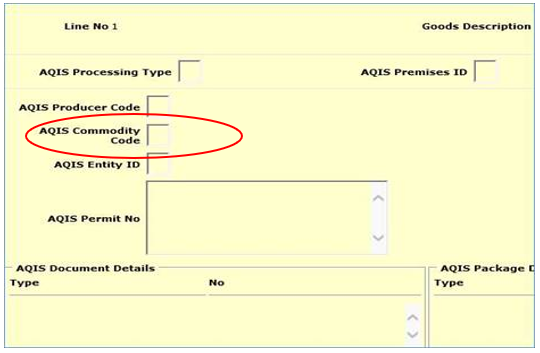23 October 2020
Who does this notice affect?
Importers and brokers of:
- Fresh dates imported for human consumption, from the United States of America
- Dried dates imported for human consumption, from all countries
- Dried Ziziphus dates (permitted spp.) for human consumption, from all countries
What has changed?
The department is incorporating dried Ziziphus dates onto the Compliance Based Intervention Scheme (CBIS). This change is scheduled to take effect on 4 November 2020.
As part of this change the department is implementing ACC codes on several date pathways and in order to support this change you will now be required to lodge eligible consignments with one of the following AQIS Commodity Codes (ACC):
For consignments of dried dates (Phoenix dactylifera), including permitted Ziziphus species, the following ACC must be used:
- DATE
The ACC required for consignments of fresh Phoenix dactylifera dates exported from the United States of America is:
- PHNX
Please note that fresh dates from MENA countries are not eligible for CBIS.
What do I need to do?
Importers and brokers should continue to lodge documentation to the department as per their current practice (via COLS). When a consignment is lodged in the Integrated Cargo System (ICS) under the tariff code for dates (0804.10.00), you will be required to enter an ACC code, which must be entered in order to become eligible for CBIS. Consignments lodged without an ACC code will be ineligible to qualify for CBIS.
Example of ICS screen

Further information
More information about CBIS commodities and their eligibility can be found on the departments CBIS webpage.
If you have any further questions, please email Imports (Tier 2- CBIS) or telephone 1800 900 090.
